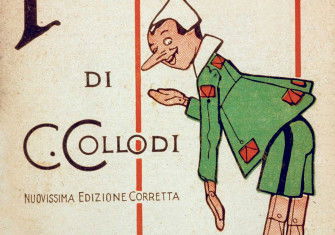Little White Lies
There is value in a leader who lies – but only if it is done for the greater good.

Is it ever right to deceive on purpose? In the West’s philosophical tradition, the answer, shaped by early and medieval Christian thinkers for whom lying was incompatible with a life well lived, was no. At the end of the 15th century, however, the retired intellectual and politician Giovanni Pontano broke with this tradition. Having lived through the collapse of a Renaissance Mediterranean empire, Pontano advanced two extraordinary theses: first, that misleading another person for the sake of maintaining the state and one’s fellow citizens was virtuous; and, second, that any prudent person could alter the truth, regardless of class, age, gender or education – a democratisation of deception.







